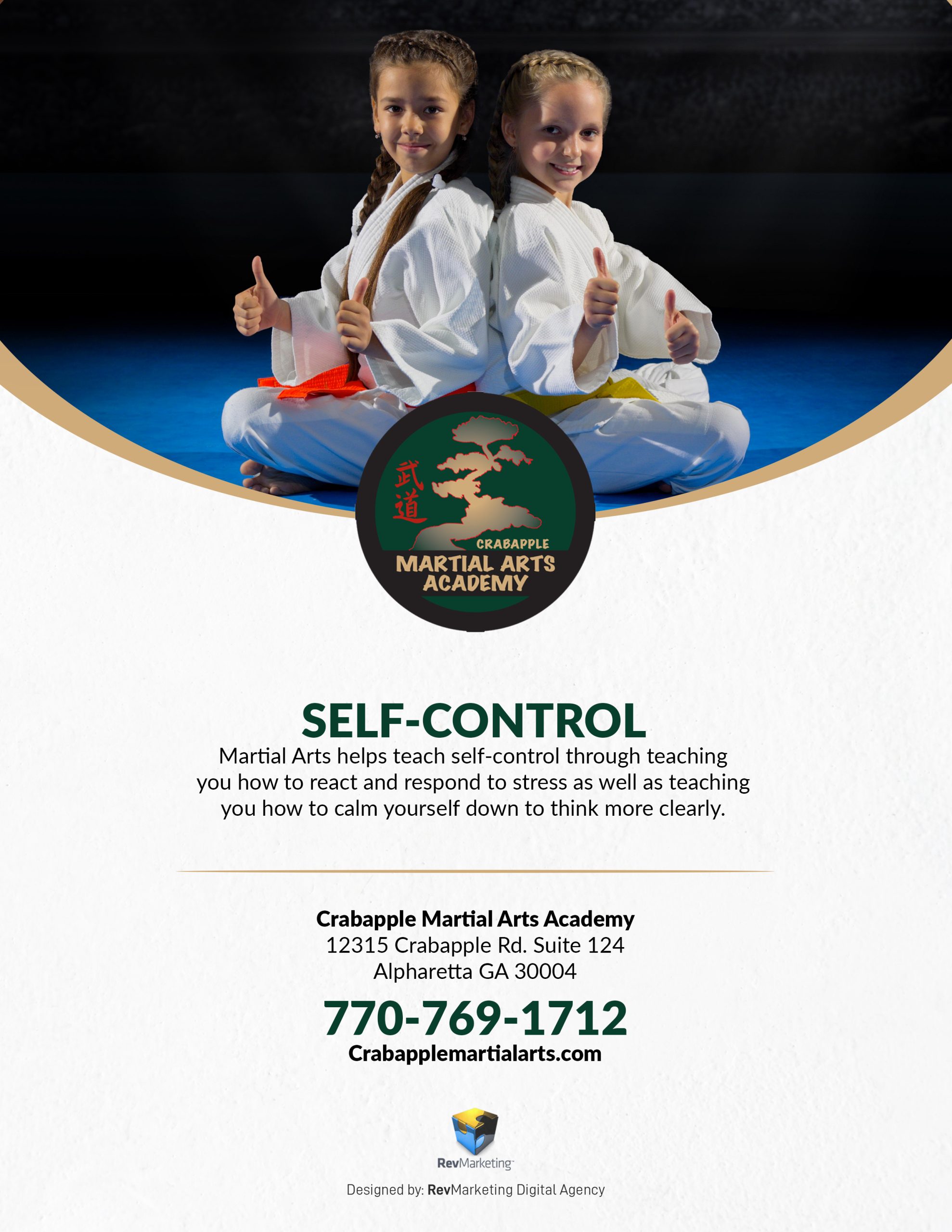Helping Children With Self-Control
Helping Children Develop Self-Control
When a child throws a tantrum in the middle of a grocery store or a theater, the spectacle can be extremely frustrating for the parent. The first “fit” might be tolerable, but as days, months, and years go by, the inappropriate outbursts can intensify and occur more frequently… unless parents take pro-active measures to correct the behavior of their children. Teaching kids self-control has everything to do with making them think about the consequences of their behavior before they speak or act. Even mature, respectable adults have problems with self-control in many cases, but the parents’ important role as behavior models for their children cannot be denied.
Living in the moment
Young children live very much in the present and do not set goals like experienced adults. Teaching children from an early age the importance of setting a goal (which requires work and patience to achieve) is a fundamental lesson for understanding and attaining self-control. We cannot always get what we want immediately, and in many cases, it may take more time and effort than planned.
A common mistake that many parents make is in praising and gratifying their children too much. When this takes place, children can become complacent, realizing that whatever they do, they will get exactly what they want. Alternatively, parents must try to acknowledge the effort that children are making towards achieving a particular goal, and encourage them to continue displaying self-control in their pursuits.
Balancing incentives and deterrents
In some cases, it may be required to discipline a child when they behave badly. Children under the age of three find it particularly frustrating if they aren’t allowed to do the things they want when they want, whether it’s playing with toys or playing in the mud. Likewise, pre-schooler “temper tantrums” also occur sometimes when instructed to do something they don’t want to do, or when they don’t want to do it. As a parent, it is important to set clear, consistent expectations (rules) for children, to offer choices, and to explain consequences. If a child fails to observe parental rules, it might be necessary to discipline him or her in a productive, non-violent way such as forcing him or her into a ‘timeout’ or denying him or her a certain pleasure for a while.
At the same time, it is often valuable to talk with children about self-control and its importance. Discussing self-control (and its opposite) can often help children appreciate the concept much better and pay closer attention to their actions. As such, congratulating a child when he or she has achieved something through self-control is also vitally important in the developmental process. Enrolling your child in structured self-improvement activities like karate definitely helps develop self-control in participants. Professional instructors are trained in many methods for keeping the attention of individuals in class, maintaining discipline, and reinforcing positive behaviors, which translates into better self-control exhibited at home, school, and elsewhere by the children who train.

Crabapplemartialarts.com and Crabapple Martial Arts Academy has been selected the nation’s #1 martial arts schools for SIX YEARS IN A ROW by the American Budokai International!
Founded in 2013 by Mr. C. Matthew White a 5th degree Black Belt in Karate and 6th degree Black Belt in Jiu Jitsu, and Master Instructor, Crabapple Martial Arts and Karate lessons for pre-school children ages 4-6, and elementary age kids ages 7 and up, are designed to develop the critical building blocks kids need – specialized for their age group – for school excellence and later success in life.
Crabapple Martial Arts Adult Karate training is a complete adult fitness and conditioning program for adults who want to lose weight, get (and stay) in shape, or learn self-defense in a supportive environment.
Instructors can answer questions or be contacted 24 hours a day, 7 days a week at of****@******************ts.com or call directly at 770-645-0930. You can also visit our website at CrabappleMartialArts.com.
About C. Matthew White, Renshi: Matt is a fifth-degree black belt in a traditional Japanese and Okinawan Martial Arts – Shuri Ryu Karatedo. He is also a sixth-degree black belt in Japanese Jiu Jitsu – Shintoyoshin Kai Jiu Jitsu, and a master instructor with the title of Renshi, which means Scholar in Japanese. Matt has a bachelor’s degree in Exercise and Sports Physiology. He has been training and teaching martial arts for over 27 years and has owned Crabapple Martial Arts Academy since 2013. Renshi White is a motivational speaker and educator and teaches seminars in bullying, business, and martial arts training, around the world.
Crabapple Martial Arts Academy Headquarters is in Alpharetta, Georgia at 12315 Crabapple Road., Suite 124, Alpharetta GA 30004. You can locate the Chief Instructor, Sensei Robert Reed there or directly at (770) 645-0930.